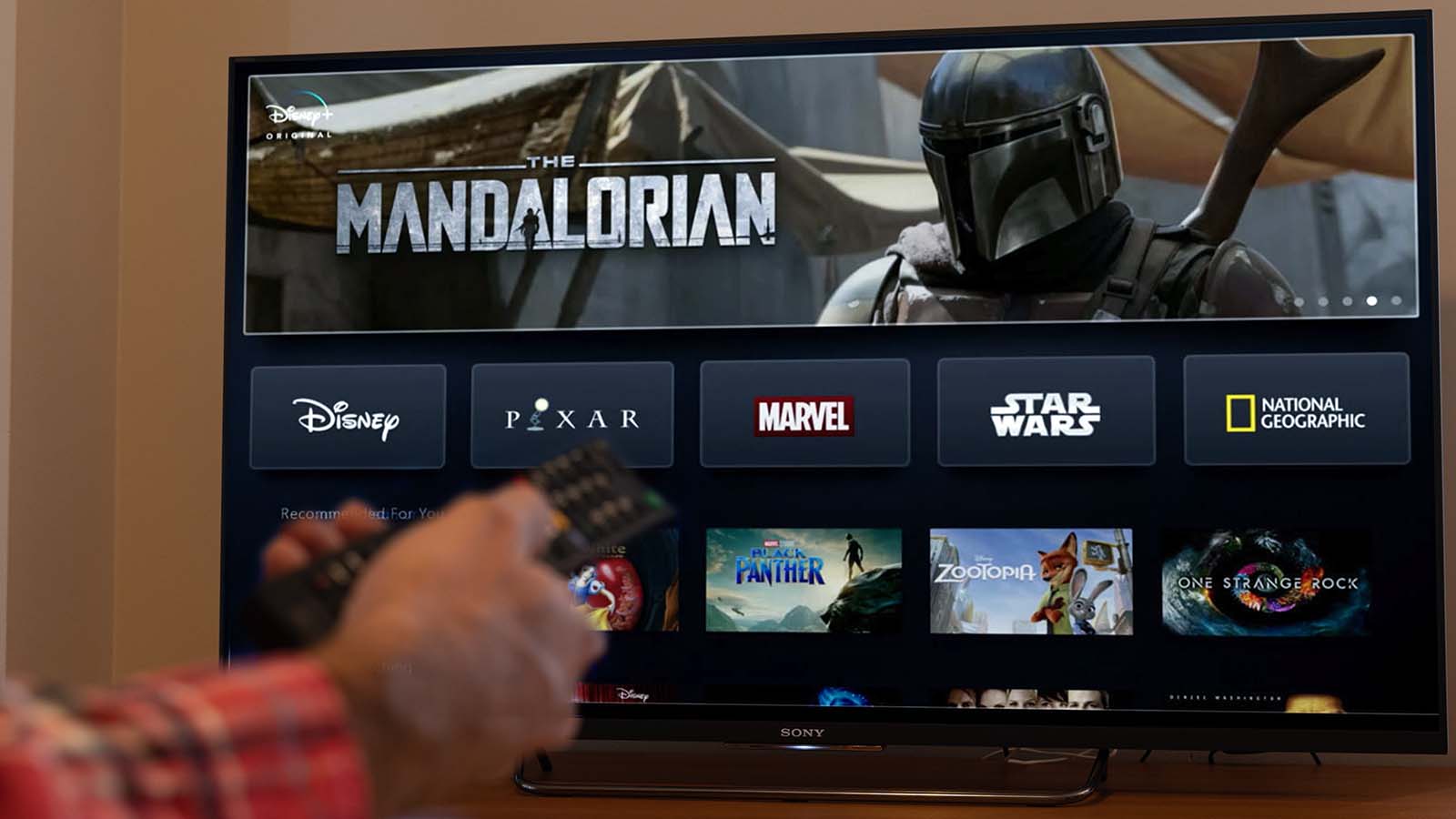In recent months, pundits and reporters have focused on the obvious hits that Disney (NYSE:DIS) is taking as a result of the new coronavirus. And indeed, the fact that the company’s parks have been closed while movie theaters have been shuttered has meaningfully hurt Disney stock.

But the media appears to be ignoring short-term potential issues and longer-term problems the company faces. At the center of both the short-term and the longer term difficulties is the company’s biggest moneymaker, ESPN.
Consumers pay cable companies and other TV service providers more than $9 per month to watch the “ESPN family” channels, i.e, ESPN, ESPN2, ESPNU, etc. That money, which the company calls affiliate revenue, gets passed onto Disney.
But during the pandemic, the channels’ “bread and butter” — broadcasting sports games and showing the highlights of sports games — has almost completely disappeared. As a result, cable companies and other TV service providers are reportedly looking to avoid collecting the fees for the ESPN channels.
Moreover, New York state’s attorney general, Letitia James, is demanding that the customers of the TV service providers receive rebates.
ESPN and Dinsney Stock
Of course, ESPN’s TV audiences have dropped meaningfully during the pandemic because it is no longer broadcasting live games and highlights of recent games. Nonetheless, ESPN’s ad revenue only dropped 8% year-over-year in its fiscal second quarter that ended in March.
There are two reasons for the relatively low decline in Q2: the pandemic only began in March, and ESPN raised its advertising fees last quarter. During the current quarter, ESPN will likely have to lower its ad fees, and major sports will not be played for most of not all of the period. Given those realities, ESPN’s ad revenue will drop very sharply this quarter.
ESPN reportedly generates about $10.3 billion of annual revenue for Disney, while the company generated $69.6 billion of sales last year. And in FY19, the company’s Media Networks unit, which is made up of its broadcast TV and cable assets, generated about 50% of its operating income. ESPN is likely responsible for the lion’s share of the unit’s operating income.
So if ESPN’s revenue plummets this quarter, in addition to the problems that the company is already experiencing as a result of the pandemic, then Disney’s results for the current quarter could really tank.
Longer-Term Problems for Disney
As I’ve noted previously, cord-cutting is a huge problem for Disney. I remain convinced that, over the longer term, the phenomenon will badly hurt Disney’s shares. And, as I’ve also predicted in previous columns, the economic downturn is likely to cause cord-cutting to accelerate.
The impact of cord-cutting can clearly be seen in Disney’s Q2 results. Even with the higher ESPN ad fees, lower programming and production costs due to an accounting change, and the sizable impact of the company’s acquisition of 21st Century Fox’s entertainment assets (which were not owned by Disney in Q2 of 2019), the operating income of the company’s Cable Networks rose just 1% YOY.
Cord-cutting is continuing and seems to have already started accelerating.
In Q1, “more than 1.6 million subscribers to five of the largest pay TV companies cut service in the first quarter, a 70% jump from a year earlier,” according to Fortune.
And, as I’ve written previously, Disney+ and the company’s other streaming channels are not going to save the day for Disney stock anytime soon. That’s because, as expected, they continue to be loss leaders for the company.
The operating loss of Direct-to-Consumer and International, the unit that includes the streaming services, came in at $812 million in Q2, more than double the $385 million operating loss that the unit generated in Q2 of 2019.
The Bottom Line on Disney Stock
With ESPN, Disney’s crown jewel, facing very tough challenges and threats in the near-term and the longer term, there’s a very good chance that Disney’s shares could fall much further in the next few months and in the next few years.
Therefore, I believe that investors should sell the company’s shares.
Larry Ramer has conducted research and written articles on U.S. stocks for 13 years. He has been employed by The Fly and Israel’s largest business newspaper, Globes. Larry began writing columns for InvestorPlace in 2015. Among his highly successful, contrarian picks have been Lyft, solar stocks, and Snap. You can reach him on StockTwits at @larryramer. As of this writing, he did not hold a position in any of the aforementioned securities.
